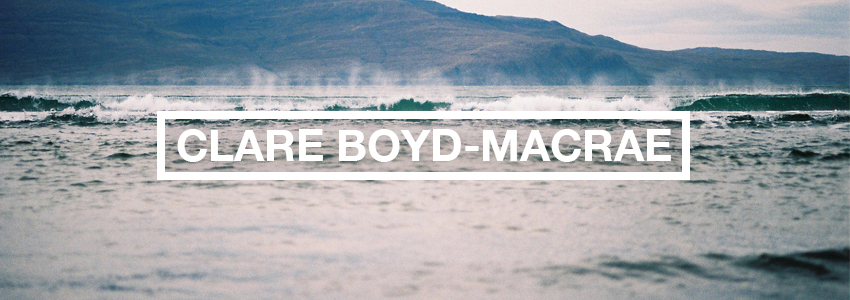Learning to love the crowds at my summer beach
 Sunday, January 9, 2022 at 10:50PM
Sunday, January 9, 2022 at 10:50PM As a solitude lover, my favourite holiday places are tiny and off-season. Few things fill me with more sheer joy than an empty beach in winter. Or even an empty beach in summer – it’s surprising how you can find these, even during the January holidays. Walk a hundred metres from the hordes on any main beach, scramble over a rocky outcrop or two, and you can have the place almost to yourself.
However. Maybe it’s COVID and close to two years of not experiencing the congregating of human beings, but I find myself enjoying a popular seaside resort at the busiest time of year.
I’ve even swum at the main beach from time to time and am struck by how contented people there are. You seldom hear yelling or whinging by the sea, and I reckon there are clear reasons for this.
More than usual, parents are not doing it alone. Two parent families have both adults on duty, halving the workload. Lots of groups seem to have even more of the traditional ‘village’ in attendance – grandparents, aunties, uncles and friends doing shifts with the babies, trundling pushers in the early morning to give mums and dads a rare lie in, bouncing little ones in the wavelets at the edge of the ocean, hoisting toddlers high on their shoulders, pointing out mewling gulls and rainbow coloured kites, boats and cricket matches on the hard sand at low tide. Kids were meant to be brought up by a clan.
In this country, where the vast majority of the population dwell in cities, on summer holidays, we tend to be immersed in the natural world. Swimming in wild bodies of water is good for us, so is having nothing between our bare feet and the sand, not sitting at a desk eight hours a day, enduring minimal artificial light, precious little squinting at devices all day long.
Maybe, too, after so much time in lockdown, the inhabitants of this state are giddy with delight at being able to escape the metropolis and do what many love to do in the summer – have a week or three with no alarms, no deadlines, no damn zoom meetings.
I can’t quite believe we are here, allowed to swim and walk mask-free, not a concrete apartment or office block in sight, little noise after dark except the sigh of the surf on still nights. In the depths of 2021, I wondered if we would ever get this kind of holiday again. And here we are. And here a lot of other Victorians are, and seem to be as incredulously happy about it as I am.
Published in The Melbourne Age on 7 January
 Clare |
Clare |  Post a Comment |
Post a Comment | 